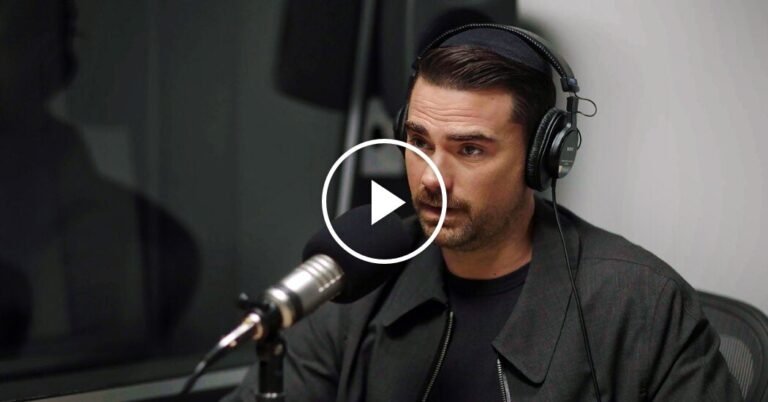We are going to have to find some pathway forward to de-escalation. My view is: We are seeing the way this whole thing can break — the whole experiment can break. We’re getting too close to genuine violence in the streets for my liking. But I think it’s going to be very, very, very hard without trying to figure out some way to say: OK, we have these political parties competing. We have to create spaces where people feel represented even when they are out of power. And I think the problem with saying: Well, it’ll just be that Florida is its complete own polity and California is its complete own polity is that there are a lot of Republicans in California, man. You were one of them. And then I left. And then I left. I don’t think that’s how we want to live in community with each other. Just get the hell out? I mean, I’m not so sure that’s true. Truthfully, I’m not sure that’s true. I mean, again, I think that people — Not a national divorce, but national separation. I mean, localism is what we used to call it. I mean, again, treating it as though — The idea of localism wasn’t that you move away from everybody you disagree with. I mean, it kind of was; that’s how the United States began. That’s literally the foundation. That’s what we want. I’ve read the founders, too, man. It’s not what we wanted for ourselves. We thought we were going to live in a community that had a deep set of virtues exhibited by the citizens in order to live together in something that would be diverse and complex. Yes, but the point is that it was state- and locality-based identity before a national identity. I mean, that was very clear. Yes, that is true. But they didn’t mean that as ideological. Right. I’m not sure that that’s an ideological thing or that it has to be an ideological thing. I think that one of the big problems is that when you critique political parties, political parties are like John Dillinger. They rob the banks because that’s where the money is. And so if you’re a political party and you want to control the federal government, you need to unify your own party. And so what we’ve seen over the course of the last five decades, particularly, is the radical homogeneity of the political parties emerge. And so my proposal is: What if we throw the ring into the fire? Instead of trying to figure out better ways to control the handling of the ring, what if we just take it and we toss it into the fire? And then we actually just go back home to the Shire? Like, how about that? Yeah, I think probably the place where I go off of that is that unfortunately, I don’t believe there’s a fire. That my sense is people want action and they often want national action. But there isn’t a way to bind that as effectively. That’s incredibly — Well, that’s incredibly dangerous. And I think that that’s exactly what the founders were attempting to avoid. So I can stop citing the founders. That’s what I would attempt to avoid. There you go. OK, I mean, I like the founders. I’m happy with citing the founders. But again, I think that the growth of the federal government, every time Donald Trump becomes president — he’s done it twice now — every time he becomes president, I hear from my liberal friends that they are terrified by the prospect of unified national power in the executive branch. And every time a Democrat becomes president, I hear that they are very excited that the president of the United States is going to unilaterally relieve student loans and use OSHA to press a vaccine mandate that I have to sue the federal government to stop. So, if that’s the game, then it only gets worse from here.

